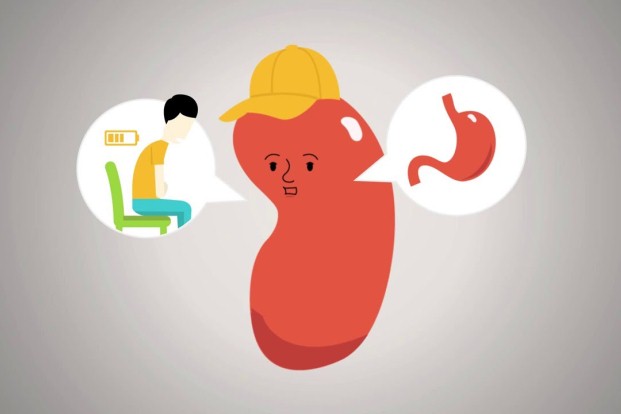What is Serum Creatinine?
Apr 19, 2022
Creatinine is a chemical waste product in the blood that passes through the kidneys to be filtered and eliminated in urine. The chemical waste is a by-product of normal muscle function. The more muscle a person has, the more creatinine they produce. Levels of creatinine in the blood reflect both the amount of muscle a person has and their amount of kidney function. Most men with normal kidney function have approximately 0.6 to 1.2 milligrams/deciliters (mg/dL) of creatinine. Most women with normal kidney function have between 0.5 to 1.1 mg/dL of creatinine. Women usually have lower creatinine levels than men because women, on average, have less muscle than men.Other factors that may affect the level of creatinine in the blood include body size, activity level, and medications.

Sr creatinine is one of the markers of the uremic toxin. When kidney function starts to decline, the clearance of uremic toxin in urine decrease and their concentration increase in blood. Since creatinine is easily measured, so rise in sr creatinine usually indicate ongoing kidney damage. It also indicates that both kidneys are involved. If even a single kidney is working properly, then the level of sr creatinine will not increase in test. Another uremic toxin, that we generally measure is sr urea.
Sr creatinine has some limitation. There is usually a lag time of 48 hr between actual kidney failure to rise in sr creatinine. So new marker has come in a market such as NGAL, KIM1, IL18 which help in early detection of kidney failure. Level of creatinine also depends on body muscle mass. Some drug cause false rise in sr creatinine. In spite of all limitation, still, sr creatinine is the best marker of kidney function test.








